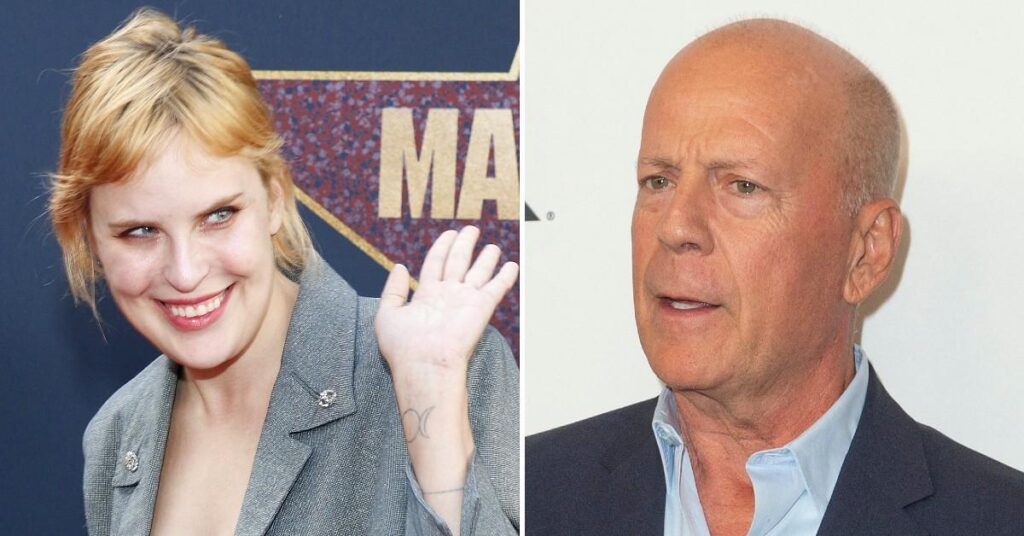David Muir Faces Criticism for Wardrobe Choices During Wildfire Coverage
David Muir, the renowned journalist and anchor of ABC World News Tonight, found himself at the center of controversy after his appearance during coverage of the Pacific Palisades wildfire. While reporting on the devastating events unfolding in the area, Muir’s wardrobe choice became a topic of discussion, with some critics accusing him of prioritizing his appearance over the gravity of the situation.
One of the most vocal critics of David Muir’s wardrobe was Jack Osbourne, who took to social media to express his disapproval. Osbourne sarcastically remarked that Muir looked “nice and svelte with those clothes line pegs while our city burns to the ground.” This comment highlighted the perceived disconnect between Muir’s attire and the severity of the crisis he was reporting on.
As reported !, Megyn Kelly also joined the chorus of critics, delivering scathing remarks about Muir on her show, “The Megyn Kelly Show.” Kelly criticized Muir for what she described as a “costume night” during a time when lives were at stake. She accused him of behaving like an “actor” pretending to be a firefighter, suggesting that his focus on his appearance was inappropriate given the gravity of the situation.
Kelly’s comments underscored the broader debate surrounding the responsibilities of journalists during crisis reporting and the impact of their presentation on audience perception.
The Role of Journalists in Crisis Reporting
Journalists play a crucial role in providing information and updates during times of crisis, such as natural disasters or other emergencies. Their reporting can help keep the public informed, raise awareness about the situation, and potentially save lives by providing essential information and instructions.
However, the way in which journalists present themselves during crisis reporting can also influence how their message is received. Critics argue that journalists should prioritize the gravity of the situation over their personal appearance, as viewers may perceive a disconnect between the seriousness of the events and the journalist’s demeanor.
David Muir’s wardrobe choice during the Pacific Palisades wildfire coverage sparked a debate about the balance between professionalism and empathy in crisis reporting. While some defended Muir’s right to dress as he pleased, others felt that his attire was inappropriate given the circumstances.
The Impact of Criticism on Journalistic Integrity
Criticism of journalists, particularly high-profile figures like David Muir, can have a significant impact on their reputation and perceived credibility. When journalists are accused of prioritizing their appearance over the content of their reporting, it can undermine trust in their professionalism and objectivity.
In the case of David Muir, the criticism he faced for his wardrobe choices during the wildfire coverage raised questions about his commitment to the story and the victims affected by the disaster. Critics suggested that Muir’s focus on his appearance was a distraction from the real issues at hand, leading to concerns about his journalistic integrity.
Journalists are expected to maintain a high level of professionalism and objectivity in their reporting, particularly during crisis situations. Any deviation from these standards can be perceived as a breach of trust with the audience and may impact the journalist’s credibility in the long run.
Lessons Learned and Moving Forward
The controversy surrounding David Muir’s wardrobe choices during the Pacific Palisades wildfire coverage serves as a reminder of the importance of maintaining professionalism and sensitivity in crisis reporting. Journalists have a responsibility to prioritize the gravity of the situation and the needs of the affected communities over personal considerations.
While criticism is a natural part of the media landscape, journalists must be mindful of how their actions and choices are perceived by the public. By demonstrating empathy, integrity, and a commitment to the story, journalists can uphold their credibility and trustworthiness in the eyes of their audience.
Moving forward, it is essential for journalists to reflect on the lessons learned from incidents like this and strive to improve their approach to crisis reporting. By focusing on the needs of the community, maintaining professionalism, and prioritizing accurate and informative reporting, journalists can fulfill their role as trusted sources of information during times of crisis.







